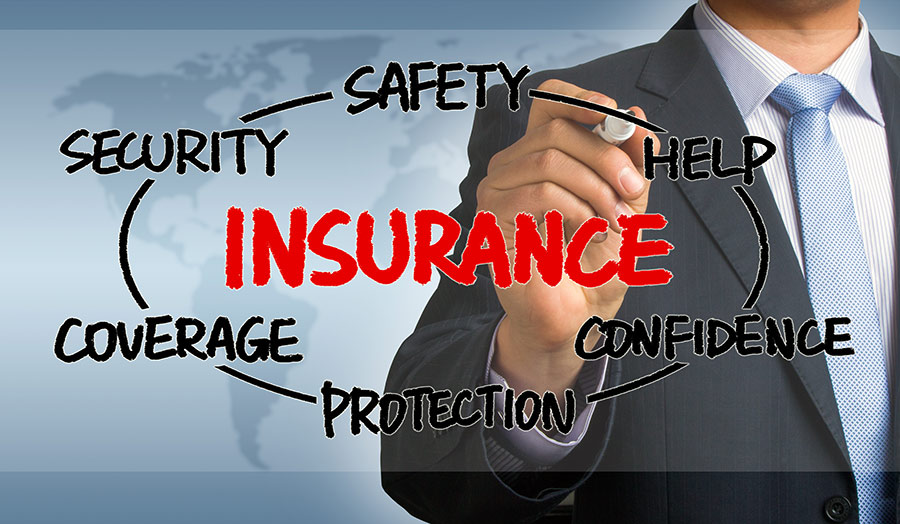 Those in Quincy and Weymouth, MA who have tasted deep-fried turkey usually say there’s simply no comparison to an oven-roasted bird — turkey out of the fryer is moist, with crispy skin and a beautiful color.
Those in Quincy and Weymouth, MA who have tasted deep-fried turkey usually say there’s simply no comparison to an oven-roasted bird — turkey out of the fryer is moist, with crispy skin and a beautiful color.
And, it cooks much more quickly than a turkey in the oven, which means you don’t have to wait for hours on end to get your fix.
But, if you’re not careful, frying a turkey can ruin your Thanksgiving, too. You’ve no doubt seen videos of people accidentally starting fires with their attempts. In some cases, families have even lost their homes.
With a little common sense, though, you can safely enjoy that great taste and fast cooking time. Here are five tips for cooking a great deep-fried turkey — without doing any damage (except maybe to your waistline):
1. Find a safe place to cook.
Don’t ever set up a fryer any closer than 10 feet from your home, garage or any other structure. Make sure the area is flat to keep the fryer from tipping, and never put it on a deck or other flammable surface.
2. Don’t use too much turkey.
You don’t want to drop a 20-pound bird in your fryer; it’s just too big. Keep your turkey to 12 pounds or less, don’t stuff it and make sure it’s completely thawed and dry.
3. Don’t use too much oil, either.
When it comes to the oil, use something with a high smoke point (for example, canola or safflower) and do a test with water beforehand to figure out how much you need. Put the turkey in your fryer and fill with water until it is covered. Then take the turkey out and make a mental note of the water line — that’s how much oil to use. Be sure to dry everything completely after your test.
4. Use caution when it’s time to cook.
Don’t just drop the turkey into the fryer, unless you want to splash hot oil on yourself (bad) or the burner (even worse). Gently lower it into the oil, and then monitor everything as it’s cooking. Keep an eye on the oil temperature to make sure it doesn’t get too hot. Keep an eye on the clock, because you want your turkey to cook for about 3-5 minutes per pound. And, watch kids and pets so they don’t get too close to the fryer.
5. Be prepared for disaster.
If you’re cautious, the odds are you won’t need a fire extinguisher, but you should have one on hand anyway – a multi-purpose model with dry powder. Don’t ever spray water on a fryer fire. If you don’t have an extinguisher, either cover the oil or dump a large amount of baking soda on the blaze. And, if all else fails, call 911 – quickly.
Of course, there’s one way to get a deep-fried turkey that can’t fail: Buy one from a professional. They’re available at some grocery and specialty stores, and even restaurants are getting into the act now.
Whichever you choose, we here at Lallis & Higgins Insurance wish you a happy and safe Thanksgiving!












